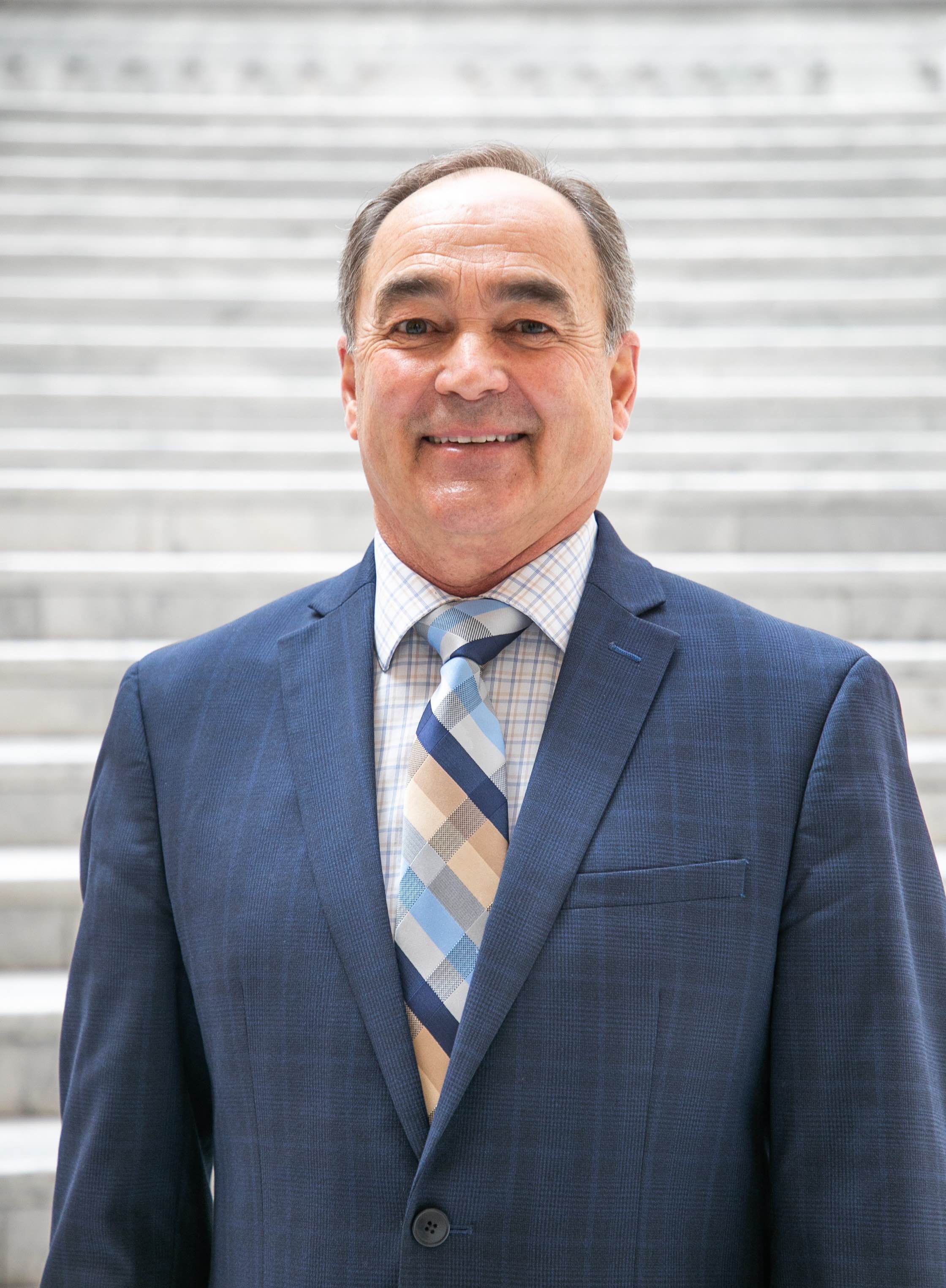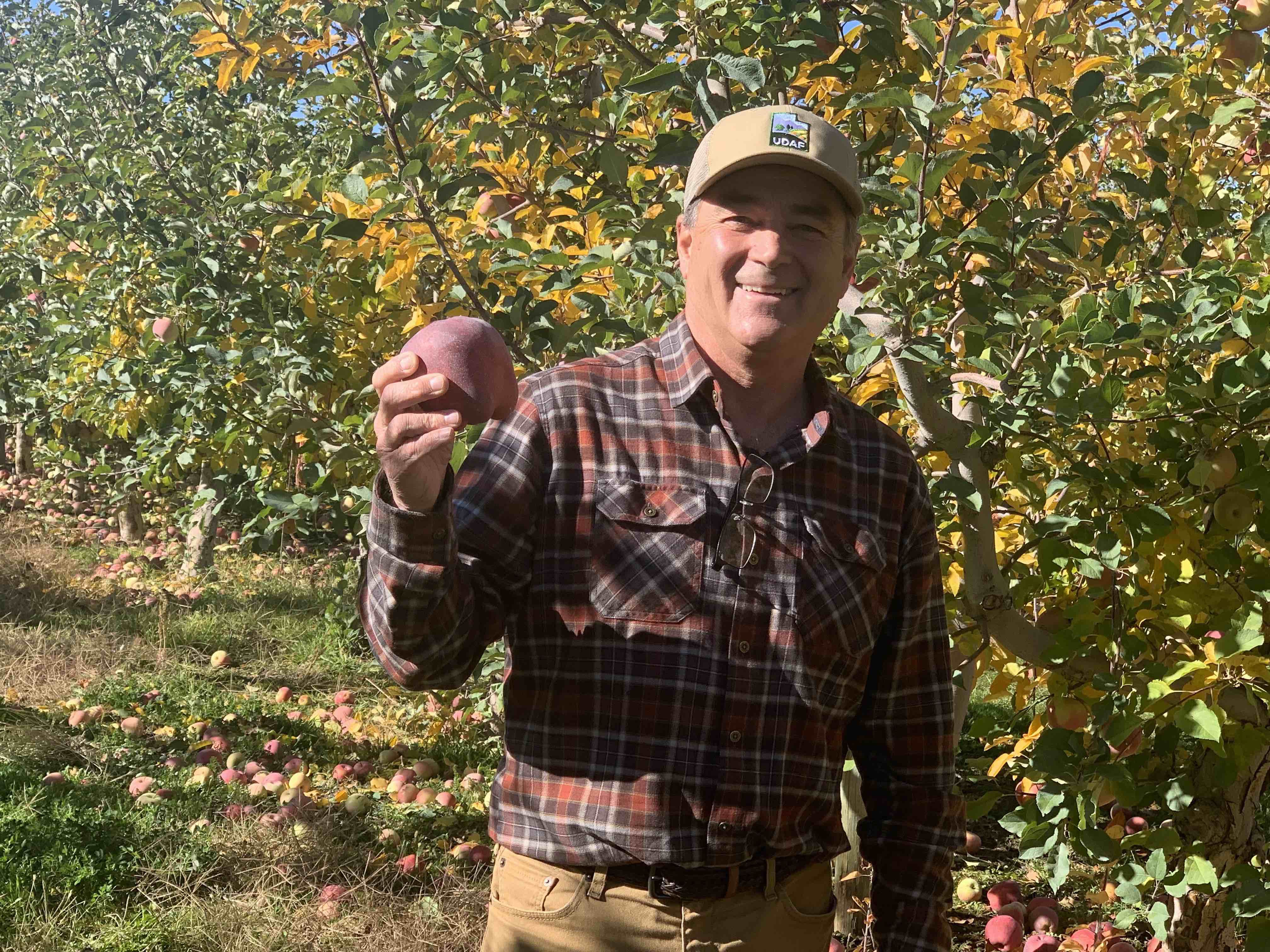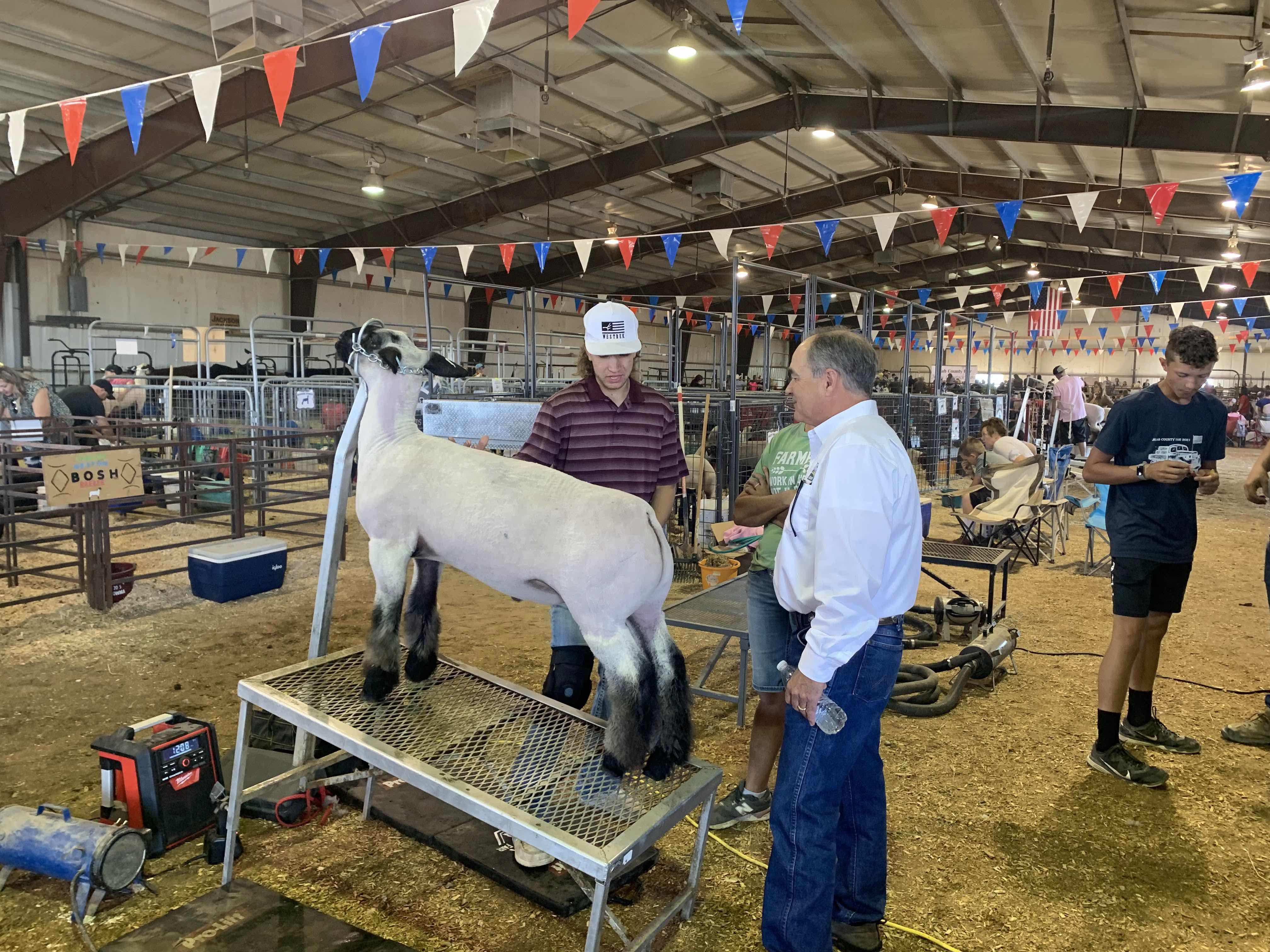Won’t You Be My Neighbor?
Author
Published
5/16/2023
Fred Rogers had it right when he focused on teaching children the importance of neighborhoods and community. It’s where we learn how to show and receive kindness. It’s elementary, but as we grow and leave make-believe neighborhoods, do we take what we’ve learned and grow up to be good neighbors?
According to a Pew Research Center study*, 57 percent of Americans say they know only some or none of their neighbors and they barely talk to the ones they do know. And yet, neighborhoods are the foundations of our communities.
We are all busy people who may be more connected to our phones and what is going on across the world than we are to the people that live right next door to us, and for many, that causes a sense of loneliness. A Harvard report suggests that 36% of all Americans feel “serious loneliness.”**
Whether you live in a populated urban city, the suburbs, or rural communities, humans need true connection, the in-person kind. Those relationships are what builds a sense of community, the sense that you are a part of something bigger than yourself.
The Power of Neighbors
Craig Buttars, Commissioner of Utah Agriculture and Food (UDAF) grew up on a dairy farm in Lewiston, Utah and learned the importance of good neighbors and community at an early age.
Commissioner Buttars was only 15 when he lost his father to cancer. Craig recalls one fall day, the year before his father passed away, stepping off the school bus to see tractors in their corn field. His neighbors were chopping the corn for sileage to be used as feed for the dairy cows. He stood and watched as they finished in the field.

“I remember the feeling of love and community pride I had at that moment,” Buttars said. I knew our neighbors cared about us. That made a big impact on me.”
When Craig’s father got sick, he sold the milk cows and kept about 30 heifers (young female cows that haven’t borne calves) to reduce the amount of work that would be required of his family. So, at that time on the Buttars’ dairy, they were just feeding heifers, not milking cows.
When Craig’s father passed away in 1973, his older brother was on a mission for the Church of Jesus Christ of Latter-day Saints and had been out for about a year. A month after his father died those heifers were calving. Commissioner Buttars remembers feeling overwhelmed. His neighbor, LaVar Smith, came over and said, “Don’t worry. We will run our two farms as if they were one farm. When you need help, we will help you, and when we need help, you can come over and help us.”
And that’s what they did. LaVar sent his son over to help Craig milk 30 cows and Craig went over to help the Smith’s rake hay.
When Craig’s brother returned home, the two brothers formed a partnership. Buttars credits his neighbors for helping them start back into the dairy business.
“Farming isn’t easy. Our neighbors had farms of their own to run, but what they helped me understand is that I could do hard things. They made it possible for me to work through that difficult time,” Buttars said. “They built up my confidence. When I made a mistake, they helped me understand it was just a part of learning. I learned that hard times don’t always last. We can work our way through them and come out stronger in the end.”
When asked how this experience has influenced his life, Commissioner Butters replied, “It can’t help but make you want to pay it forward.”

“It’s part of our rural values. We rely on each other. Farming is difficult, it’s a hard way of life. When you see your neighbor have additional difficulties on top of farming you want to lighten their burdens. And somehow when you help lift their burdens, your own burdens seem lighter. It makes you feel good and grateful that you can help.”
He sees the same willingness to help neighbors in the next generation of his family. When they see a need in the community, they jump in to try and help just like their family was helped years ago.

Getting to Know Your Neighbors
If you struggle to initiate or maintain relationships with your neighbors, know that you’re not alone. It takes time to build friendships, so getting to know your neighbors is a good first step.
- Be friendly. Take time to strike up a conversation when you see them. Often people are waiting for someone to take the initiative and are relieved when you do. In rural communities it’s an unwritten law to wave to everyone as you pass them on the road or on the street.
- Spend time outside in your front yard or take walks around the neighborhood and stop to talk to people along the way. Care about their gardens, ask about their jobs and children, their interests, and pets. Value the ordinary parts of people’s lives. Share the ordinary parts of your life. Learn their names and call them by name.
- Look for ways to help. Whether it’s pitching in to shovel snow, raking leaves, picking up fallen tree branches, or lending a cup of sugar. Watch out for each other.
- Have fun together. Host a front yard gathering for neighbors. Set a fire pit in your driveway and invite them to join you for s’mores or fireworks. Plan a block party.
- Share milestones and successes. Celebrate birthdays, anniversaries, graduations, promotions, or the last day of school.
As time goes by, friendships will develop, loneliness will lessen, and we can live in the neighborhoods that Mr. Rogers helped us imagine.
Want more news on this topic? Farm Bureau members may subscribe for a free email news service, featuring the farm and rural topics that interest them most!
